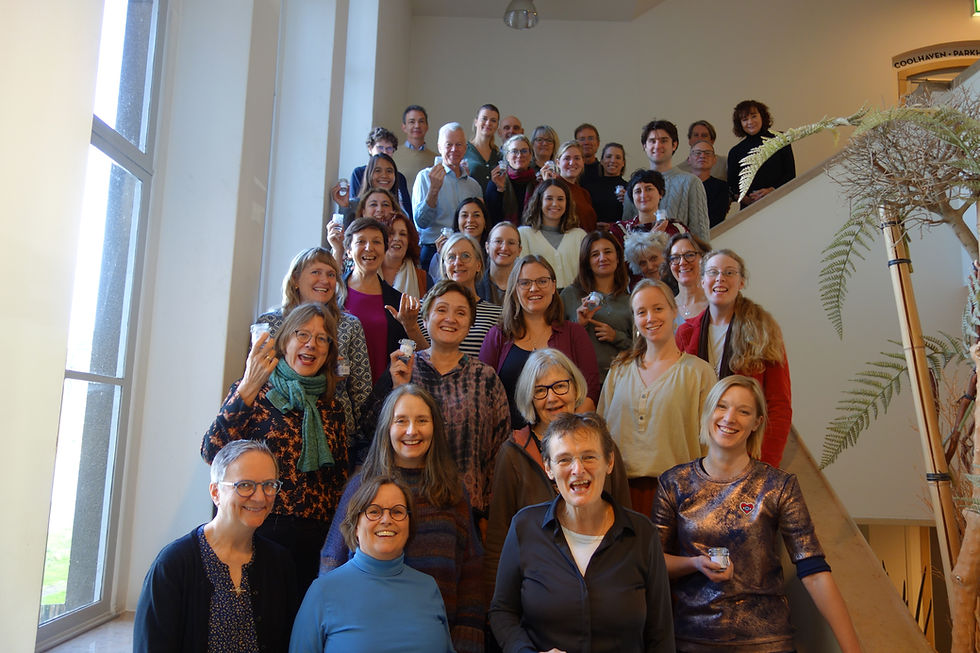Interview with iLIVE Project Coordinator Agnes Van der Heide
- iLIVE Project

- Oct 2, 2019
- 3 min read
Updated: Nov 5, 2019

What is your background?
I was trained as a physician and epidemiologist. I work as a professor in end-of-life care and decision making at the department of Public Health of Erasmus MC, University Medical Center Rotterdam, and the Netherlands. My research focuses at clinical, epidemiological, ethical, organisational and legal aspects of palliative care and end-of-life decision making.
What is your responsibility as the iLIVE project´s coordinator?
My main task is to support all partners working on the project so that it is carried out according to the scientific plan and agreed budget. In the end this will maximize the likelihood that the envisaged impact on care for the dying is actually achieved.
What is the main aim of the iLIVE Project?
The main aim is to significantly contribute to reducing the suffering and isolation of patients in the last phase of life and their families and to optimizing their experience of closing life and saying goodbye.
Where did the idea of this project come from?
The project builds on insights gained in the OPCARE9 project, an EU 7th Framework coordination and support action. This international group of researchers and clinicians from nine countries, predecessor of the iLIVE consortium, identified gaps in research, education and clinical guidance for care of dying patients. One of the key recommendations of OPCARE9 was that, to fully develop the evidence base for care of dying patients, an appreciation of precipitating factors that shape the dying phase is crucial.
How is this project funded?
The iLIVE project is funded by the European Union’s Horizon 2020 program under grant agreement ID: 825731. Some countries in the project managed to acquire additional funding from national research funding programmes.
How many countries are participating?
The collaborative includes 14 parties from 13 countries: Argentina, Austria, Australia, Germany, Iceland, the Netherlands, New Zealand, Norway, Slovenia, Spain, Sweden, Switzerland, the United Kingdom.
If this is project is funded by the European Commission, how is it that there are countries from outside Europe participating?
The H2020 programme offers the opportunity to include lower income countries, such as Argentina. Australia and New Zealand cover their own expenses through national funding programmes.
Why is it important for the patients, families and professionals to participate in this research project?
In the end, all of us will die. The experience of dying as an integral and acknowledged part of individual life, supported by the very best personalised care, is currently far from being standard practice, in Europe and beyond. We need to learn from the experiences of patients, families and health care professionals in order to be able improve care and adequately address the needs of terminally ill patients and their caregivers.
What would be the mayor achievement you would like to reach with this research project?
The project would be really successful if we manage to contribute to breaking through the ‘conspiracy of silence’ that currently often surrounds death and dying. In an era of high-tech medical advancement where the focus is so much on curing disease and extending life, society has to provide families with a safe and trusted environment of care where patients can die a dignified death.
Why are you so happy to coordinate this project?
I really enjoy working in international research projects. It is incredibly inspiring and insightful to work with this group of dedicated, experienced and wise people from so many different countries and backgrounds.



Comments